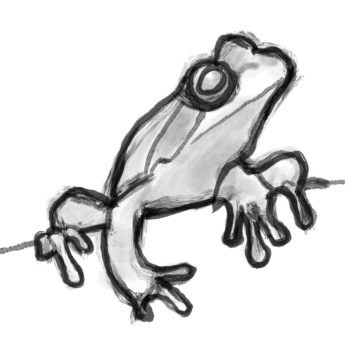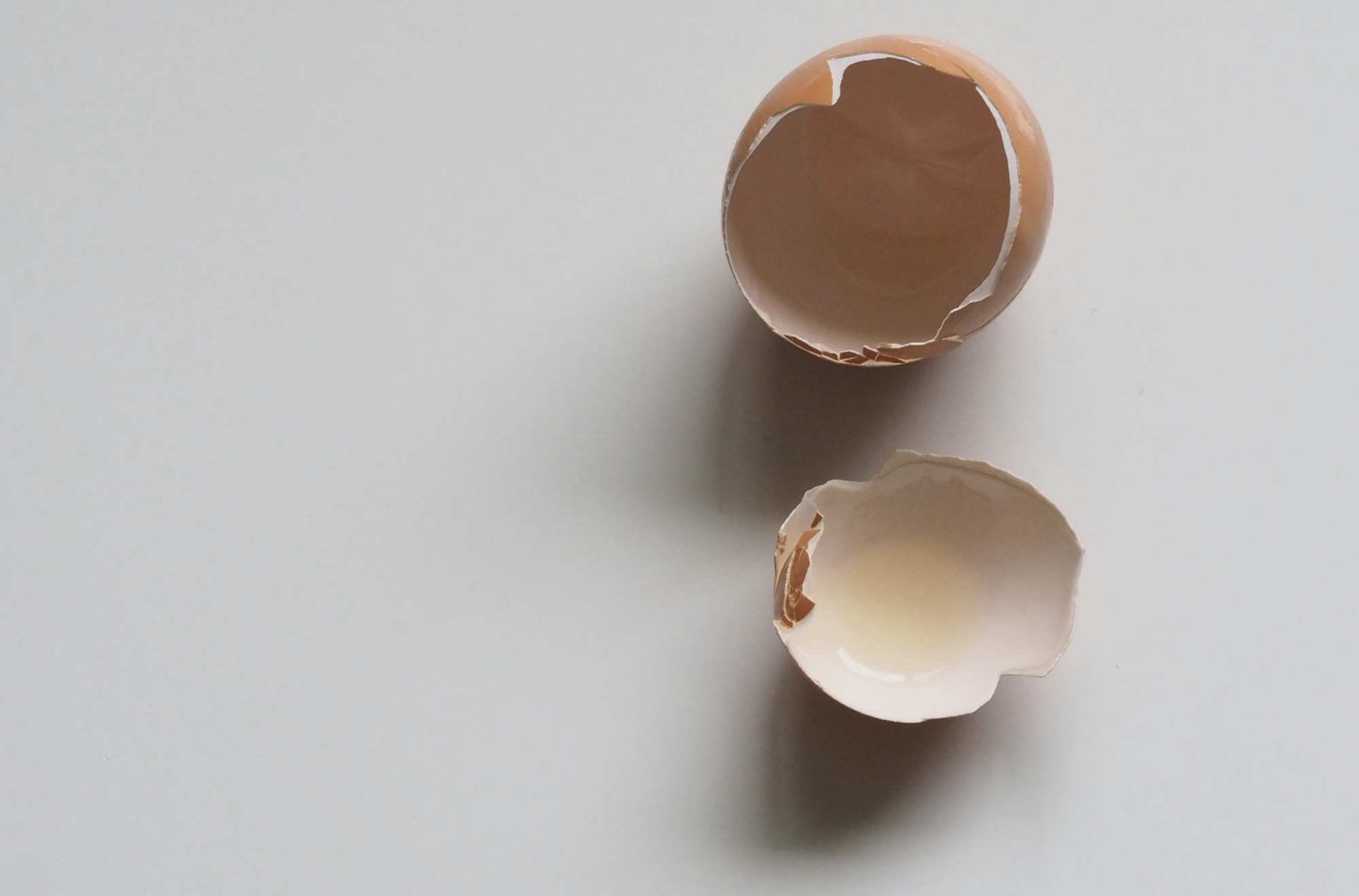I have a problem with time.
At least, I realized this last week when I was rereading Shunryu Suzuki’s Zen Mind, Beginner’s Mind. This post is a bit of a quote mine. But I think each encapsulates something beautiful and will add comments such as they are.
It started when I reached towards the end of the book. There there is more detail about Emptiness and the experience of the moment.
Let’s unpack this, especially for those of you not familiar with Buddhist thought.
So, a lot of people know something about Buddhism emphasizing living in exactly this moment before you. We are told this is your life, if you are going to live it, now is the time. This is overly simplistic, but still a good starting point.
Then there is Emptiness. This is tougher, a lot tougher. This is because Emptiness is not nothing but no-thing. Nothing, because it is a concept, is a thing. Emptiness is not an apple, not a sad clown, not a delicious cake. Not this, not that. You see the pattern? We can point at a concept and say, not that. We cannot point directly at Emptiness without it becoming something.
Blanket Theory: In other religious traditions, God is sometimes “defined“ like this. Maybe Emptiness is Mystery, and God is Mystery personified through the humanity of our perception. Anyway, you don’t have to take any of this paragraph aboard, onward!
—
“So it is absolutely necessary for everyone to believe in nothing. But I do not mean voidness. There is something, but that something is something which is always prepared for taking some particular form, and it has some rules, or theory, or truth in its activity.” — Shunryu Suzuki, Zen Mind Beginner’s Mind
So, roughly, perceived phenomena (the redness of an apple, the viceral sympathy for the clown, the delicious taste of cake). Those find their being in Emptiness.
But here’s the thing. Live in the moment. Why do so if things exist independently across a continuous timeline?
That is a mouthful. What I mean is, are we dealing with things, or things-for-a-blink-of-an-eye. If Buddhism is correct, things are with us for a flash and disappear into Emptiness, and a whole new moment appears. Fresh. New. A different being has emerged (but always Buddha mind). So if you are going to live, do it now.
Creation destruction creation destruction creation destruction creation destruction creation
— Caterine Vauban, I Heart Huckabees
It is easy to immediately assume moral anarchy is upon us. Why do good if a moment later it is someone else’s problem? But, where Caterine thinks she sees a void, Buddhism sees Emptiness.
“Everyone comes out from nothingness moment after moment. Moment after moment we have true joy of life. So we say shin ku myo u, “from true emptiness, the wondrous being appears.” Shin is “true”; ku is “emptiness”; myo is “wondrous”; u is “being” : from true emptiness, wondrous being. Without nothingness, there is no naturalness — no true being. True being comes out of nothingness, moment after moment. Nothingness is always there, and from it everything appears.” — Shunryu Suzuki, Zen Mind, Beginner’s Mind
This is where I realized that Buddhism teaches at least two things:
- A spatial teaching: All things of this moment are, in a sense, one (even though there is distinctiveness). Complete seperateness is an illusion. This is alluded to in a previous post.
- A temporal teaching: All things, when seen correctly, exist only for a moment. The future and the past are, in a way, an illusion. There is no continuity of separate beings from one moment to the next (but wherever there are sentient beings, there is Buddha mind)
These seem very core to me. I don’t think anybody calls these spatial and temporal teachings though! And, these are really both just different perspectives on Emptiness. Together they affirm compassion, selflessness and non-attachment. Very importantly, understanding just one is one-sided. For example, neglecting the temporal teaching leads you to imagine things are permanent. Because all things are really temporary, this leads to suffering when our favourite cloud disappears. Neglecting the spatial teaching leaves us with the tragedy of a series of small selves annihilated in an atomized world (see Caterine from earlier). Both of these teachings are treasures, the first reveals the body and the second shows the series of small selves to be part of the great activity.
I fully expect a *thwack* from a Zen master at this point. For one thing, I have not once mentioned practice.
It is tempting when unfamiliar to look at Buddhism and say versions of these ideas are present in other philosophies and religions. On the one hand, Buddhists might say it would be strange if others hadn’t developed similar concepts, we are talking about shared reality. The thing is, Buddhists aim to live these “ideas” through practice fully. In fact, it is encouraged to just practice, philosophy in this context can be counterproductive. This is the important part, deepening that experience as a human in the presence of naked reality.
“There is no need to intellectualize about what our pure original nature is, because it is beyond our intellectual understanding. And there is no need to appreciate it, because it is beyond our appreciation. So just to sit, without any idea of gain, and with the purest intention, to remain as quiet as our original nature — this is our practice. “ — Shunryu Suzuki, Zen Mind, Beginner’s Mind
So we go from the moment to Emptiness to the next moment. Yet, I think, we must be careful applying linear time to not-some-thing outside time.
How do we practice this? The Sōtō Zen answer is Zen meditation (zazen). This contains the whole of the teaching. Let me repeat, it is necessary to do this work.
But let’s try to break this down. Your solution must be valid for any possible moment of existence. You may pick up your pencils … now.
Of course, as always, we are anywhere and always enlightened, starts to put down pencil … but do we fully realize it? Pencil up.
There is a fundamental problem. You have a moment to act, or not act. No time to think: “This is a moment, I must act.” How do we live each moment clearly and with readiness?
Ironically we return to realizing we are already enlightened. We must learn to “relax” into this. Suzuki, interestingly calls this, “believing in nothingness”. Slowly we develop the unshakable faith that this is our original nature. When the moment then comes, we are ready.
“(I)f enlightenment comes first, before thinking, before practice, your thinking and your practice will not be self-centered. By enlightenment I mean believing in nothing, believing in something which has no form or no color, which is ready to take form or color. This enlightenment is the immutable truth. It is on this original truth that our activity, our thinking, and our practice should be based.” — Shunryu Suzuki, Zen Mind, Beginner’s Mind
Blanket theory: I suspect “believing in nothingness” starts as a raft, a thought to remind yourself at times, and that it fades “into your bones”. Quiet certainty, just the world as it is. Composure. But I have no basis for confirming this myself as yet.
Faiths (or non-faith) may converge exactly because they disappear, imperceptibly as part of the body. True faith exactly because it empties itself. Whether Emptiness, Mystery or God, where is room for faith when we are held aloft through no effort of our own? And yet, we will need our bodies, we will need our bones.*
“Constantly, we should practice zazen, with strong confidence in our true nature, breaking the chain of karmic activity and finding our place in the world of actual practice.” — Shunryu Suzuki, Zen Mind Beginner’s Mind
Just this. Next time you are out walking, realize for a moment this is your entire life. What does it mean to just let that thought be then. Pressure underfoot. Wind blows through hair. Sky overhead. Where were you all just now, where will all of you be the next moment? Will you be? Were you just now? The thing is, this story you are telling, it isn’t just one story. And what is a story that spans just one moment? We were trying to tell the same one over and over. But, moment by moment, a new tale unfolds. Whether we are ready or not. What if this seeped into your bones? What if your bones were already soaked? World without end.
Footnote
* Other traditions teach the emptying of the self, but it is interesting to note the emptying of the thing that aims to empty the self. In the end, the self cannot empty the self without letting itself be emptied (to the extent that there is a self to begin with at least). This is particularly relevant to Suzuki’s comments here.
Discover more from Blanket Theory
Subscribe to get the latest posts sent to your email.


